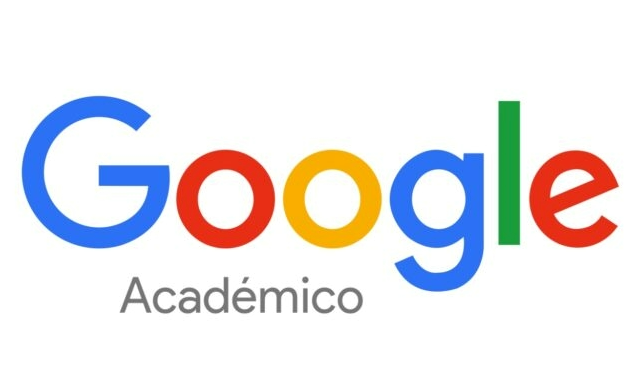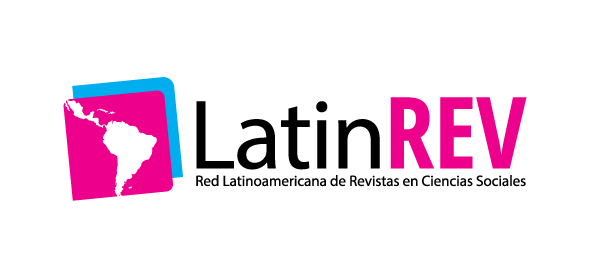Perfil de Salida e Inserción Laboral del Egresado de la Carrera de Administración de la Facultad de Ciencias Económicas y Administrativas (FACEA) de la Universidad Nacional de Itapúa en la Ciudad de Encarnación
DOI:
https://doi.org/10.70833/rseisa10item159Keywords:
graduate profile, employmentAbstract
The general objective to this study is to "Determine whether the academic offer of the Bachelor in Management FACEA UNI meets the demands of the labor market", this non experimental research, quantitative and qualitative; cross, descriptive, developed at the Faculty of Economics and Administrative Sciences (FACEA) of the National University of Itapúa, in the city of Encarnación. The analysis unit made up of 87 graduates, 36 teachers, 3 directors of the race, between the years 2008 2014 and 20 representatives of employer firms in the region. Questionnaires were used with open and closed questions categories. Although the instruments used were distributed to the entire universe, he answers 80% of graduates and teachers of the race I had to; 100% of managers and 20 representatives of employer firms. The research concludes that: Virtually all (87) of the Professional Graduates are embedded within most representative companies and institutions in the region, carrying out managerial and administrative functions. The perception of Professional Teachers Graduates and respondents on the relevance of the graduate profile (2004) relative to the profile required by the labor market is "partly right"; while most employers perceive it as "entirely appropriate" and in smaller percentage "partly right" with significant weaknesses identified by them. It is considered appropriate redirect to turn these weaknesses into strengths.
Downloads
References
ANEAES (2011). Mecanismo Nacional de Evaluación Institucional para la Educación Superior. Asunción. Paraguay.
ANEAES (2003, 2007). Documentos Parte 1, Parte 2 y Parte 3-Asunción. Paraguay.
Ávila Baray, H.L. (2006). Introducción a la metodología de la investigación.
Castillo Arredondo, Santiago y Cabrerizo Diago, Jesús (2010). Evaluación educativa de aprendizajes y competencias. Madrid. Pearson Educación, S.A.
Hawes, G. (2012). El perfil de egreso.
Hernández Sampieri (1.991). Metodología de la investigación. Quinta Edición, México Martin, Julio Miguel, Prof. Módulo Acreditación Institucional - Curso de Especialización en Evaluación Educacional. Chile.
Organización Internacional del Trabajo (OIT-2003): Certificación de competencias profesionales. Glosario de términos técnicos.
Oliva, F., Henson, R. (1982). ¿Cuáles son las competencias genéricas esenciales de la enseñanza?.
Madrid, Akal. Rodríguez Diéguez, J.L. (1979). Técnicas de evaluación.
Valencia: Nau Llibre. Ruiz, José M.81986). Cómo hacer una Evaluación de Centros Educativos. Narcea S.A. Ediciones. 3ª Edición, Madrid.
U.N.I. (2012). Código de Ética de la Universidad Nacional de Itapúa, Encarnación. U.N.I.(2012). Plan Estratégico de la Facultad de Ciencias Económicas y Administrativas 2.013-2017. Encarnación. U.N.I. (2010). RESOLUCIÓN C. D. FACEA/UNI N° 51/2010. Acta Nº 277
Vilar Barrio, José F. (1999). Cómo mejorar los procesos en su empresa. El control estadistico de procesos (SPC), herramienta fundamental en el incremento de la competitividad. F.C. Editorial.
Villa Sánchez, A. (1998). Formación y profesionalización docente. En La formación del profesorado: evaluación y calidad. Las Palmas de Gran Canaria: Servicio de Publicaciones de la Universidad.
Gómez, J. (1.999). La Investigación Acción Como Estrategia para el Desarrollo de la Ciencia y la Tecnología. Enlace Científico. Año 1. N° 1, julio. Revista del Instituto Universitario "Andrés Eloy Blanco": Barquisimeto.
Feixas, Mónica (2006). REVISTA DE INVESTIGACIÓN EDUCATIVA, U.A.B., Vol.24, Nᵒ1 Delors, Jacques. La educación encierra un tesoro. Informe a la UNESCO de la comisión Internacional sobre la educación para el siglo XXI. Disponible en: http://www.unesco.org/education/pdf/DELORS-S.PDF
Pelayo Pérez, Mariana Betzabeth y Eduardo Meza Ramos. (2012). Capital social y competencias profesionales: Factores condicionantes para la inserción laboral. Disponible en http://www.eumed.net/
PROYECTO TUNING América Latina (2007). Reflexiones y perspectivas de la Educación Superior en América Latina Informe Final. España: Recuperado de http://tuningalwww.rug.nl/Let/tuningal
http://www.itch.edu.mx/quienes/pe/modelodeplaneación.html
http://www.deguate.com/infocentros/gerencia/admon/porte r.htm
Downloads
Published
How to Cite
License

This work is licensed under a Creative Commons Attribution 4.0 International License.
Creative Commons Attribution License CC-BY
You are free to:
Share — copy and redistribute the material in any medium or format.
Adapt — remix, transform, and build upon the material for any purpose, including commercially.
Under the following terms:
Attribution — You must give appropriate credit, provide a link to the license, and indicate if any changes have been made. You may do so in any reasonable way, but not in any way that suggests that you or your use is endorsed by the Licensor.







